5. Isle of Dogs (2018)
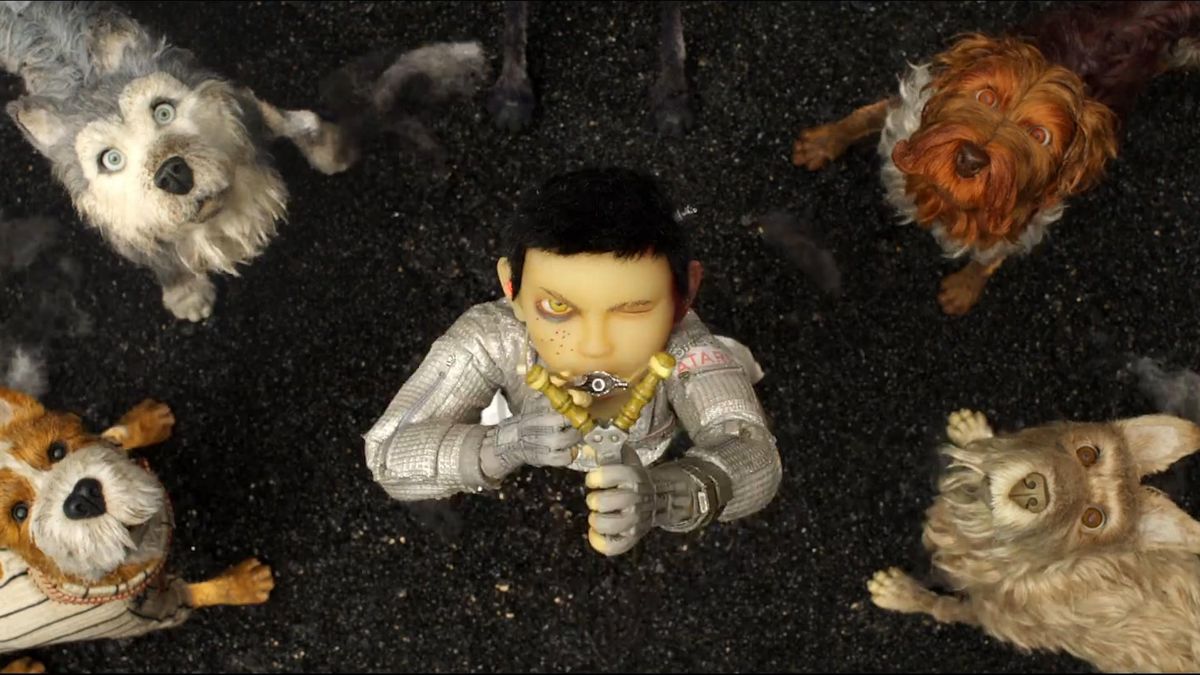
Isle of Dogs came after a four-year hiatus — by far the longest span between movies in Anderson’s career. In a sense, no matter how great it turned out to be, this film was always destined to fall victim to the lofty expectations of following a slam dunk like The Grand Budapest Hotel. Granted, all those years of build-up and anticipation didn’t do the movie any favors, but it proved to be a blessing in disguise for Wes, who finally had a chance to gear down, recalibrate and meticulously craft his next project.
To no one’s surprise, his uniquely picturesque style perfectly translates to animation. Not only that, but in his two forays so far he’s rescued something of a dying art in stop-motion. Both Fantastic Mr. Fox and Isle of Dogs felt like a breath of fresh air in a watered down medium where cheap 3D rendering has become the norm among big studios (Disney being the main culprit). Set against a sea of visually-dull releases, Isle of Dogs stands out as one of the most imaginative animated movies we’ve gotten lately.
There’s some discussion to be had about the cultural whiplash of a Texan-born Westerner like Anderson making a movie that takes place in Japan. Though the film heavily draws from folklore and is filled to the brim with unsubtle references to Akira Kurosawa, it treads the narrow line between heartfelt homage and tone-deaf caricature. At the end of the day, any movie paying tribute to Toshirō Mifune gets a pass in our book.
4. The French Dispatch (2021)
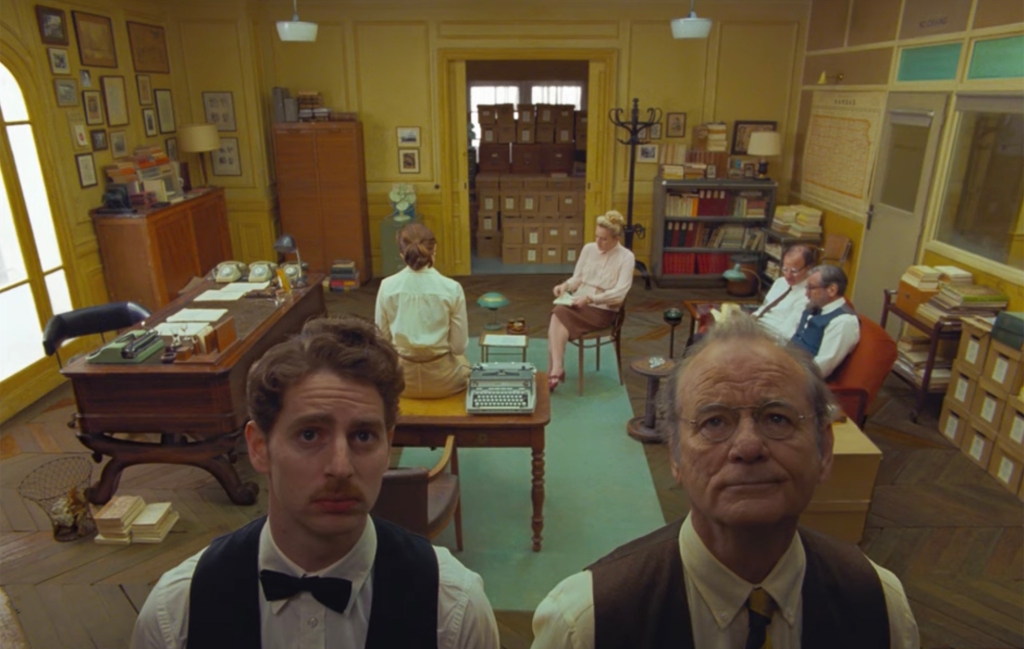
For better or worse, The French Dispatch is the most Wes Anderson movie Wes Anderson has ever concocted. For those who can’t get enough of his signature style, his newest endeavor yet will come as welcomed news. For the rest, chances are you’ll find it a bit saccharine even by his usual standards.
In The French Dispatch, Wes made his love letter to the country he currently lives in and home to many of his biggest film inspirations from Godard, Tati to Truffaut. There’s a bit of each in this anthology rollercoaster — a first in Anderson’s career. The format seems perfectly tailored for Wes’ storytelling and does come in handy here for a movie recalling different events from a journal staff. Some would argue that The French Dispatch bites more than it can chew and that the end result isn’t as well-rounded as his very best. As usual with any film splitting its story into episodic chapters, it can feel uneven at times, but it more than makes up for in incredible attention to detail.
In this case, what seems to thread all stories together is not so much the Liberty Kansas Evening Sun but the emotional state of essentially all the characters in play. Ennui-sur-Blasé — name to the fictional city where the whole thing takes place — gives us a pretty good hint on what’s clouding above everyone’s head. From the leader of a student protest, a well-spoken writer with photographic memory to a stoic prison guard infatuated with a convict — no one seems capable of escaping their spiritual dissatisfaction.
3. The Grand Budapest Hotel (2014)
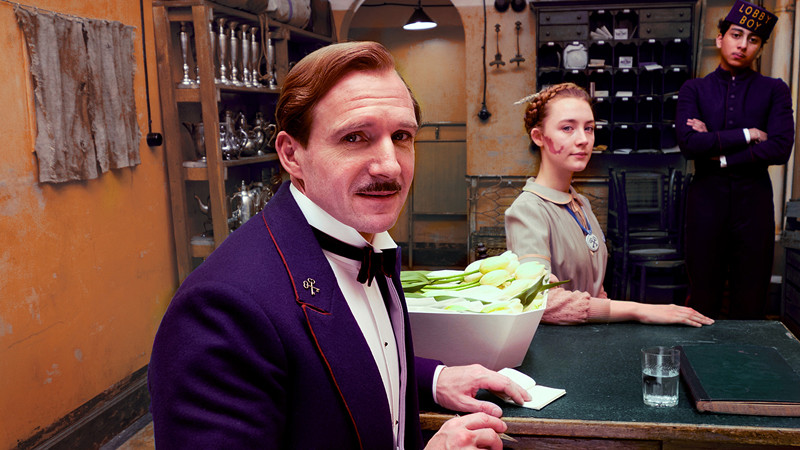
The fact that one of the most influential films to come out in the past decade doesn’t even crack the top 2 in this list speaks volumes about Wes Anderson’s brilliant output. As his biggest hit — both financially and critically — chances are when it’s all said and done, this will be the movie we’ll remember him by. If Rushmore and Royal Tenenbaums marked the arrival of a one-in-a-generation talent, The Grand Budapest Hotel officially earned Wes Anderson a place in the pantheon of contemporary American directors.
Shot in immaculate 4:3 aspect ratio, most of the story takes place within the confines of a hotel located in a fictional European country on the brink of war. Budapest Hotel is the product of a filmmaker in full command of his craft and every camera move, zoom-in and whip pan is charged with purpose. The production design is off the charts and rivals any of his previous efforts. The script is jam-packed with witty one-liners and razor-sharp references — with some priceless deliveries courtesy of Ralph Fiennes as the majestic Monsieur Gustave.
In purely technical terms, it’s safe to say Anderson has yet to reach the heights of Budapest Hotel. Not only did he bring his A-game in that regard, but he also culminated many of the themes he’d been developing throughout the years — surrogate father-figures, romance and nostalgia for a bygone era.
2. The Royal Tenenbaums (2001)
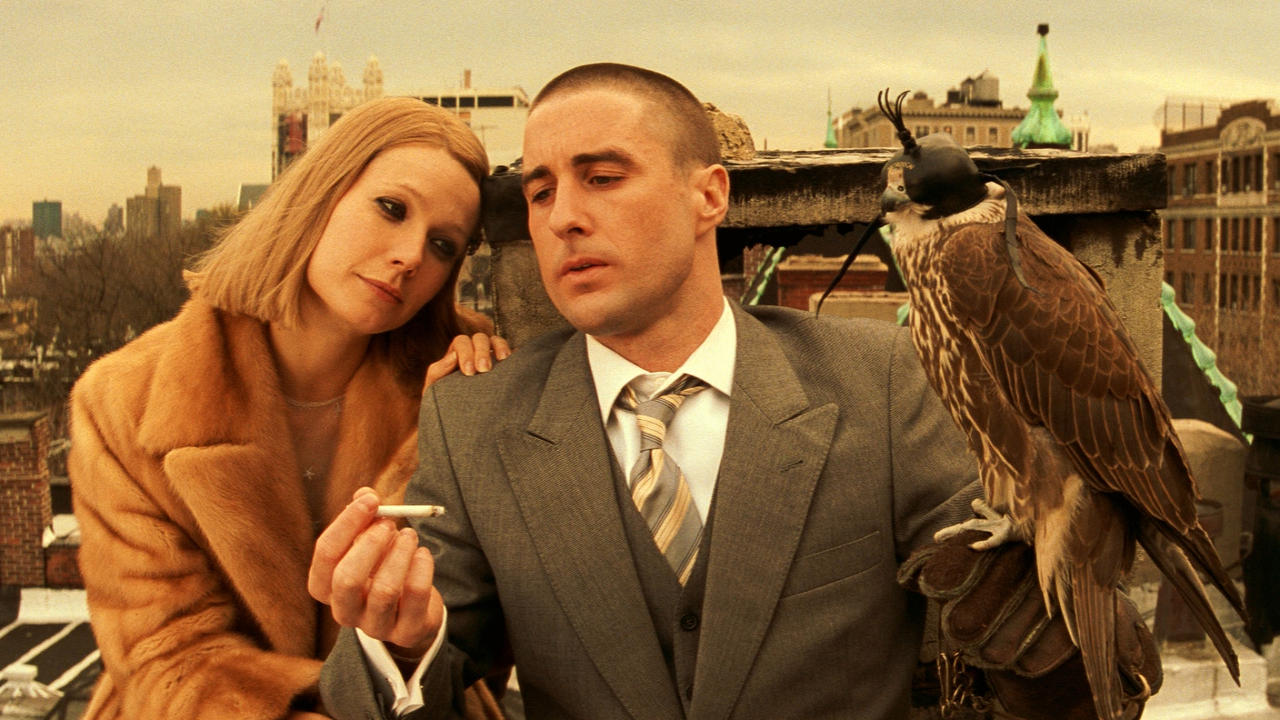
When one talks about Wes Anderson, it’s impossible not to mention his easily recognizable visual style, offbeat humor and gawky characters. For what is worth, all of those attributes make him one of the best in the business. But something that people seem to sweep under the rug — or at least doesn’t get him as many props for — is how he masterfully employs music in each of his films.
Wes is second to none in heightening emotions and overtaking a scene — be it comedic or dramatic — with a perfectly cued song. In fact, arguably no modern director outside of Wong Kar-wai and Edgar Wright is responsible for nearly as many memorable needle drops as him. From pop staples to forgotten classics, Anderson has gifted us with an array of embarrassingly stacked soundtracks throughout the years — The Royal Tenenbaums alone includes some of the most iconic music choices in recent memory. From “These Days” by Nico, “Judy is a Punk” from Ramones and Elliot Smith’s cover of “Needle in the Hay”, virtually every big scene owes a lot to the song complementing it.
As far as the story goes, the Tenenbaum’s dysfunctional family offers some of the best characterization and depth in all of Anderson’s canon. The film definitely packs a punch and doesn’t shy away from exploring the complicated dilemmas troubling our problematic clan, something that gives the narrative proper weight and pathos. As far as melancholic mood pieces go, you can’t do much better than this.
1. Fantastic Mr. Fox (2009)
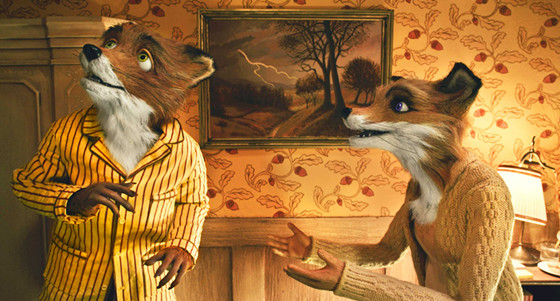
Bookending this list, we turn to Wes Anderson’s first foray into animation — an infinitely charming adaptation of Roald Dahl’s book. By this point, we could go through a checklist of things already cited that also apply to Fantastic Mr. Fox. Dazzling visuals and imaginative designs? Check. Razor-sharp dialogue coming at full speed? Check. Absurdly talented ensemble cast? Check. Adults struggling to fulfil their paternal roles? Check.
So what then, exactly, sets this one apart from all the wonderful films that preceded it? For one, it’s easily the most rewatchable out of all Wes Anderson movies, one that never gets old or that you ever truly outgrow. Arguably no other film plays with his sensibilities better than Mr. Fox — treading that narrow line between a grown-up film disguised as a kid’s film and a kid’s film disguised as a grown-up film. Clocking in just short of 90 minutes, Fantastic Mr. Fox drives home a simple yet powerful message — nobody’s perfect, we’re all a bit stubborn and selfish, but sometimes it’s good enough to just try to become a better version of yourself. You could argue every Wes Anderson movie boils down to that.